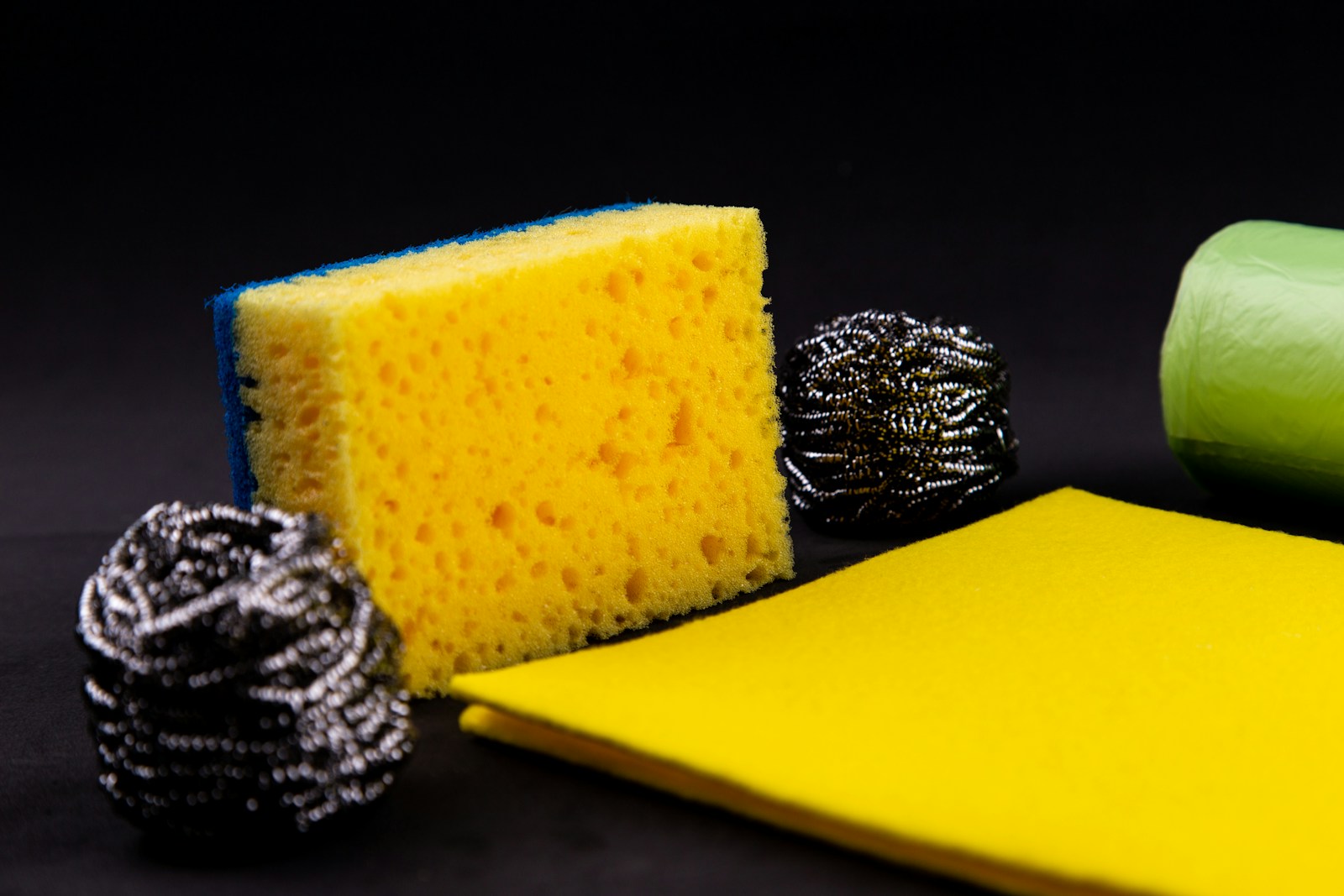
waschen

wash
The German word 'waschen' is a verb that corresponds to the English word 'wash'. It is used in the same way as in English, to describe the act of cleaning something with water, often with soap or detergent. For example, 'Ich wasche meine Hände' means 'I wash my hands'. The past participle of 'waschen' is 'gewaschen', which is used in the perfect tense, such as 'Ich habe meine Hände gewaschen' for 'I have washed my hands'.
Example sentences using: waschen
Ich muss meine Hände waschen.

I have to wash my hands.
In this sentence, 'Ich' is the subject which translates to 'I'. 'muss' is a modal verb used to indicate necessity or obligation, here it translates to 'have to'. 'meine Hände' is the direct object which translates to 'my hands'. 'waschen' is the main verb which translates to 'wash'.
Sie waschen das Auto.

They are washing the car.
In this sentence, 'Sie' is the subject which translates to 'They'. 'waschen' is the main verb which translates to 'are washing'. 'das Auto' is the direct object which translates to 'the car'.
Kannst du die Kleidung waschen?

Can you wash the clothes?
In this sentence, 'Kannst du' is the subject and modifier combined, which translates to 'Can you'. 'die Kleidung' is the direct object which translates to 'the clothes'. 'waschen' is the main verb which translates to 'wash'.